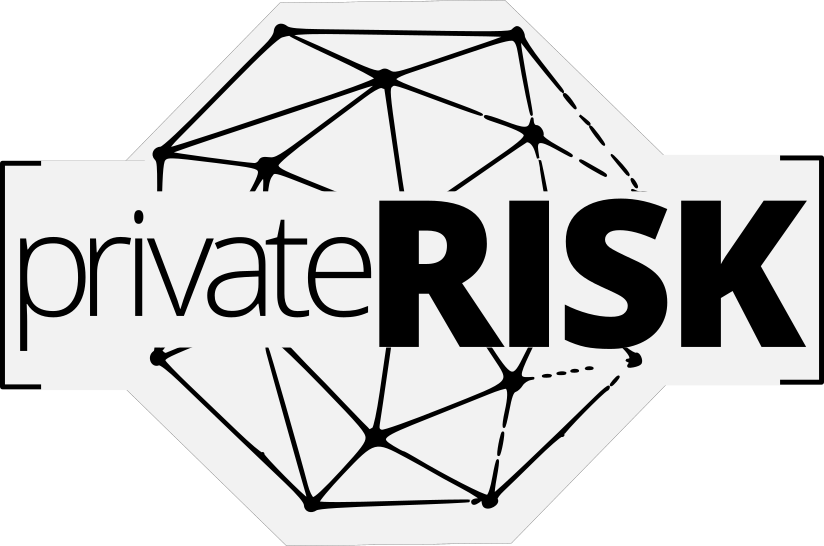Facebook Stored Passwords Wrong
For many years, Facebook had stored hundreds of millions of users’ passwords in a plain text format–something easily read by anyone.
“To be clear, these passwords were never visible to anyone outside of Facebook and we have found no evidence to date that anyone internally abused or improperly accessed them,” Facebook’s Vice President for Engineering, Security and Privacy Pedro Canahuati said in a statement released on Thursday, March 21, 2019.
Note that this news first broke via Brian Krebs at Krebs On Security, a leading cybersecurity blog, who cited an anonymous source at Facebook.
How Am I Affected By This?
Thankfully, this issue in security was caught via internal audit and not due to a true breach. So while Facebook gets another black eye, the damage to individual online account security was minimal.
What Should I Do About This Facebook Incident?
Essentially you need to reset your passwords if you utilize Facebook, Facebook Light, or Instagram.
This process is very easy if you deploy a password management tool which allows for automatic password reset. For those conducting this manually, you are looking at 10 minutes of your time to save a lot of headaches.
Time to Update Your Facebook Security
In addition to resetting your password, now is a great time to consider adding two-factor authentication to your account. This will add an additional layer of protection so that even if someone uses your password, they will be unable to access your account.
Final Thoughts
Facebook has a ton of users which means their cybersecurity incidents will always be massive in scope. However, something like this is more of a nuisance for users than something which will cause harm.
Kudos to Facebook for doing the right thing and releasing a statement to clarify what occurred. While they have a long way to go in regaining the trust of consumers after all of their various incidents, this shows they are mindful of what their users expect.
Additional Reading
If you want to learn more about cybersecurity and being smart online, read our complete guide to cyber risk management for private families.

